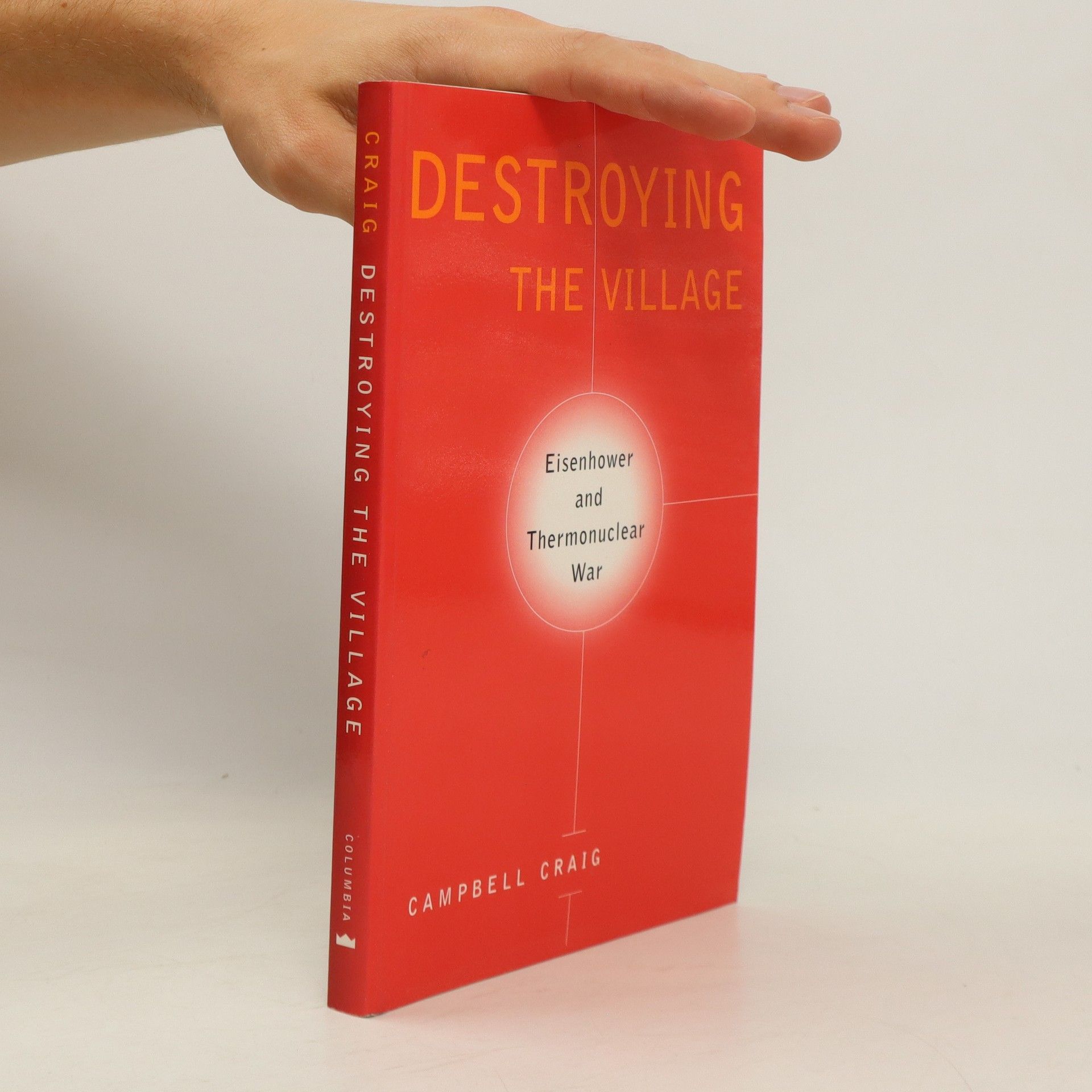This volume spans the first thirty-nine years of JFK's life -- from birth through to his decision to run for president -- to reveal his early relationships, his formative and heroic experiences during World War II, his ideas, his bestselling writings, his political aspirations and the role of this father, wartime ambassador to Britain. In examining these pre-White House years, Logevall shows us a more serious, independently minded Kennedy than we've previously known.
Campbell Craig Libros
Campbell Craig es Profesor de Política Internacional en la Aberystwyth University. Su experiencia se centra en la historia de la Guerra Fría y nuclear, las relaciones exteriores de EE. UU. y la política internacional contemporánea. Actualmente investiga sobre el marxismo y la guerra moderna en el siglo XX, el realismo clásico y un proyecto más amplio sobre la revolución nuclear como teoría.




By the time of his assassination in 1963, John F. Kennedy stood at the helm of the greatest power the world had ever seen. Born in 1917 to a striving Irish American family that had become among Boston's wealthiest, Kennedy knew political ambition from an early age, and his meteoric rise to... číst celé
America's Cold War
- 464 páginas
- 17 horas de lectura
In a brilliant new interpretation, Campbell Craig and Fredrik Logevall reexamine the successes and failures of America's Cold War. This provocative book lays bare the emergence of a political tradition in Washington that feeds on external dangers, real or imagined, a mindset that inflames U.S. foreign policy to this day.
In the early days of the Cold War, thermonuclear conflict was everywhere an imminent threat. With the realization that mutual destruction was the likely result of a nuclear war, US policy makers were forced to articulate a coherent stance on what they would do if the United States went to war with the USSR. The paradox of defeat or mutual annihilation was one that plagued American policy makers and scholars, whatever their stated position.